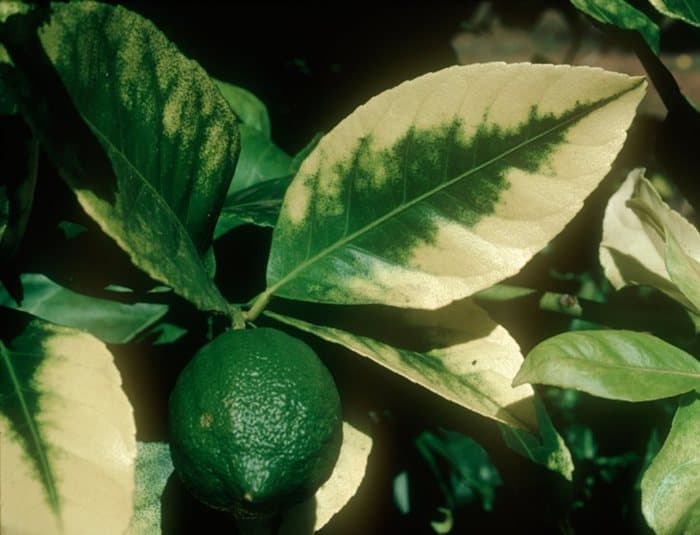Hydroponic gardening is a revolutionary method of growing plants without soil. Instead, it uses water-based nutrient solutions to provide the essential elements plants need to thrive. One of these vital nutrients is calcium. But why is calcium so important in hydroponic gardening? Let’s dive in and explore!
The Importance of Calcium in Plant Growth
Calcium plays a critical role in plant growth and development. It is a key component of cell walls and is necessary for cell division and elongation. Without adequate calcium, plants can exhibit a range of problems, including stunted growth, deformed leaves, and reduced yield.
Moreover, calcium acts as a messenger within the plant, helping to regulate various processes. It plays a role in the opening and closing of stomata (the tiny pores on leaves that control gas exchange), and it’s involved in the activation of certain enzymes. In short, calcium is a vital cog in the machinery of plant life.
Calcium in Hydroponic Systems
In hydroponic systems, calcium is typically provided in the form of calcium nitrate. This compound dissolves easily in water and is readily absorbed by plant roots. However, maintaining the right balance of calcium in your hydroponic solution can be a bit of a juggling act.
Too little calcium can lead to deficiencies, while too much can interfere with the uptake of other nutrients, particularly potassium and magnesium. Therefore, it’s crucial to monitor your nutrient solution regularly and adjust as necessary to keep your plants happy and healthy.
Signs of Calcium Deficiency
Calcium deficiency in plants can manifest in several ways. The most common symptoms include curling or cupping of the leaves, brown or black spots on the leaves or fruit, and a general stunting of growth. In severe cases, the plant may even die.
It’s important to note that calcium is a ‘non-mobile’ nutrient. This means that it cannot be moved from older leaves to new growth. Therefore, symptoms of calcium deficiency typically appear first on the younger, actively growing parts of the plant.
Correcting Calcium Deficiency
If you notice signs of calcium deficiency in your hydroponic plants, don’t panic! There are several steps you can take to correct the problem. First, check the pH of your nutrient solution. Calcium is best absorbed by plants at a pH range of 6.2 to 7.0. If your solution is outside this range, adjust it accordingly.
Next, consider adding a calcium supplement to your nutrient solution. There are many products on the market designed specifically for this purpose. Just remember to add slowly and monitor your plants closely for signs of improvement.
Calcium and Other Nutrients
Calcium doesn’t work alone. It interacts with other nutrients in complex ways, and understanding these interactions can help you optimize your hydroponic system.
For example, calcium and potassium compete for uptake by plant roots. If your nutrient solution is high in potassium, your plants may struggle to absorb enough calcium, even if there’s plenty present. Similarly, high levels of magnesium can interfere with calcium uptake.
Calcium and pH
The pH of your nutrient solution can also have a big impact on calcium availability. As mentioned earlier, calcium is best absorbed at a pH range of 6.2 to 7.0. Outside this range, calcium can become ‘locked out,’ meaning it’s present in the solution but not available to the plants.
Regularly testing and adjusting the pH of your nutrient solution is therefore an essential part of successful hydroponic gardening.
The Bottom Line
Calcium is a vital nutrient for plant growth and development, and it plays a particularly important role in hydroponic systems. By understanding the role of calcium and how to manage it effectively, you can ensure your hydroponic plants are strong, healthy, and productive.
Remember, the key to successful hydroponic gardening is balance. Monitor your plants and your nutrient solution regularly, adjust as necessary, and don’t be afraid to experiment. Happy gardening!

